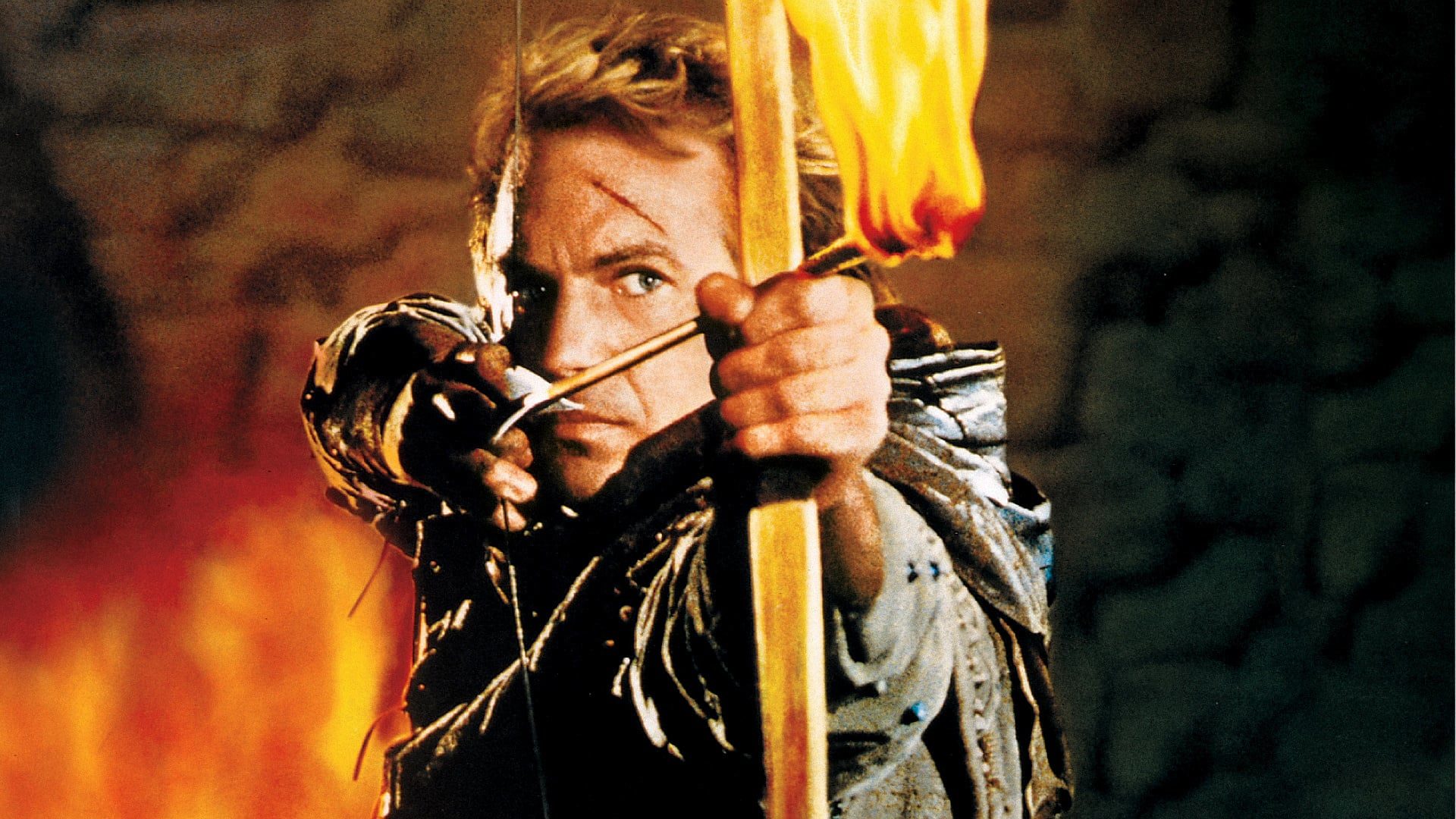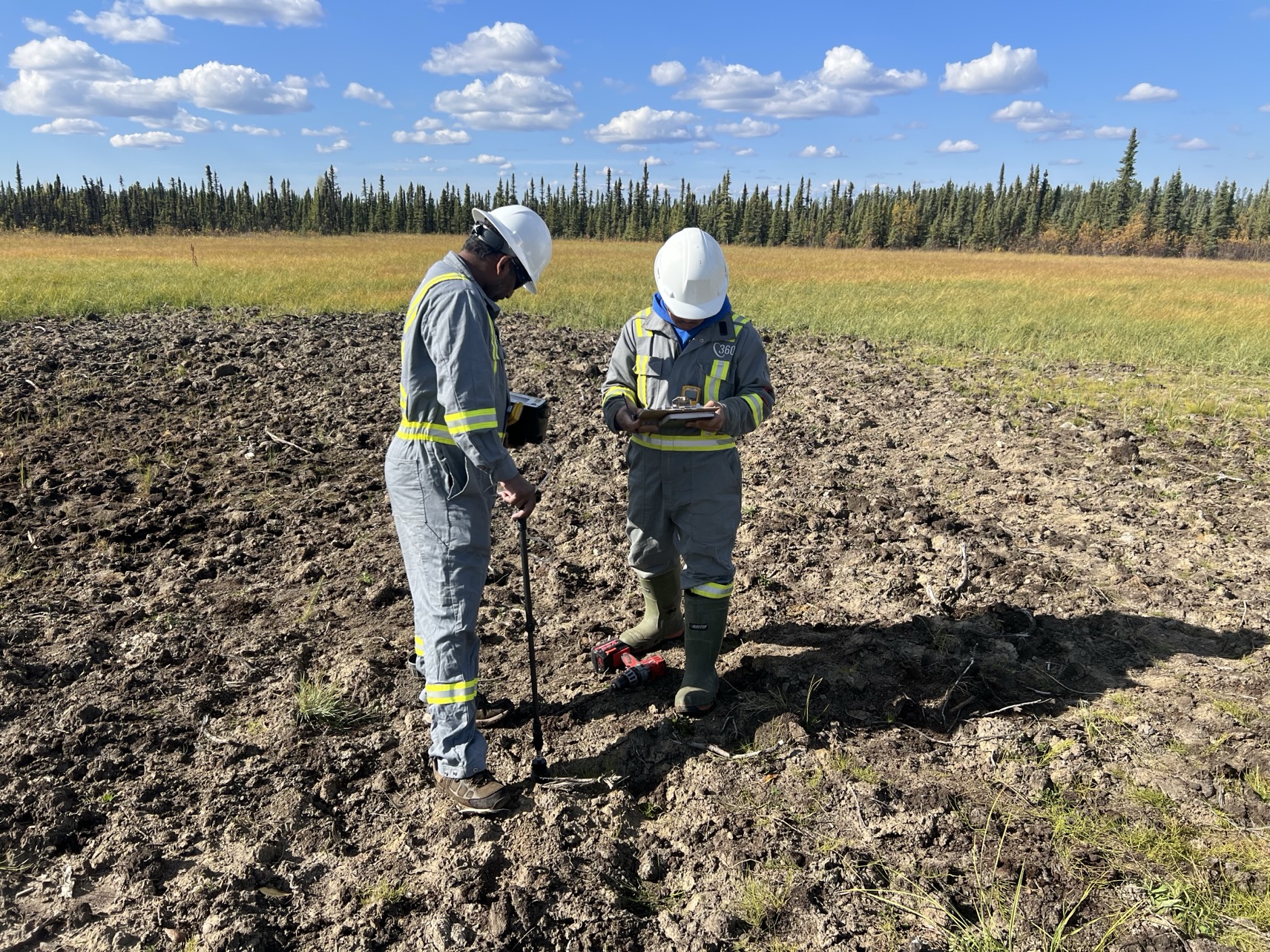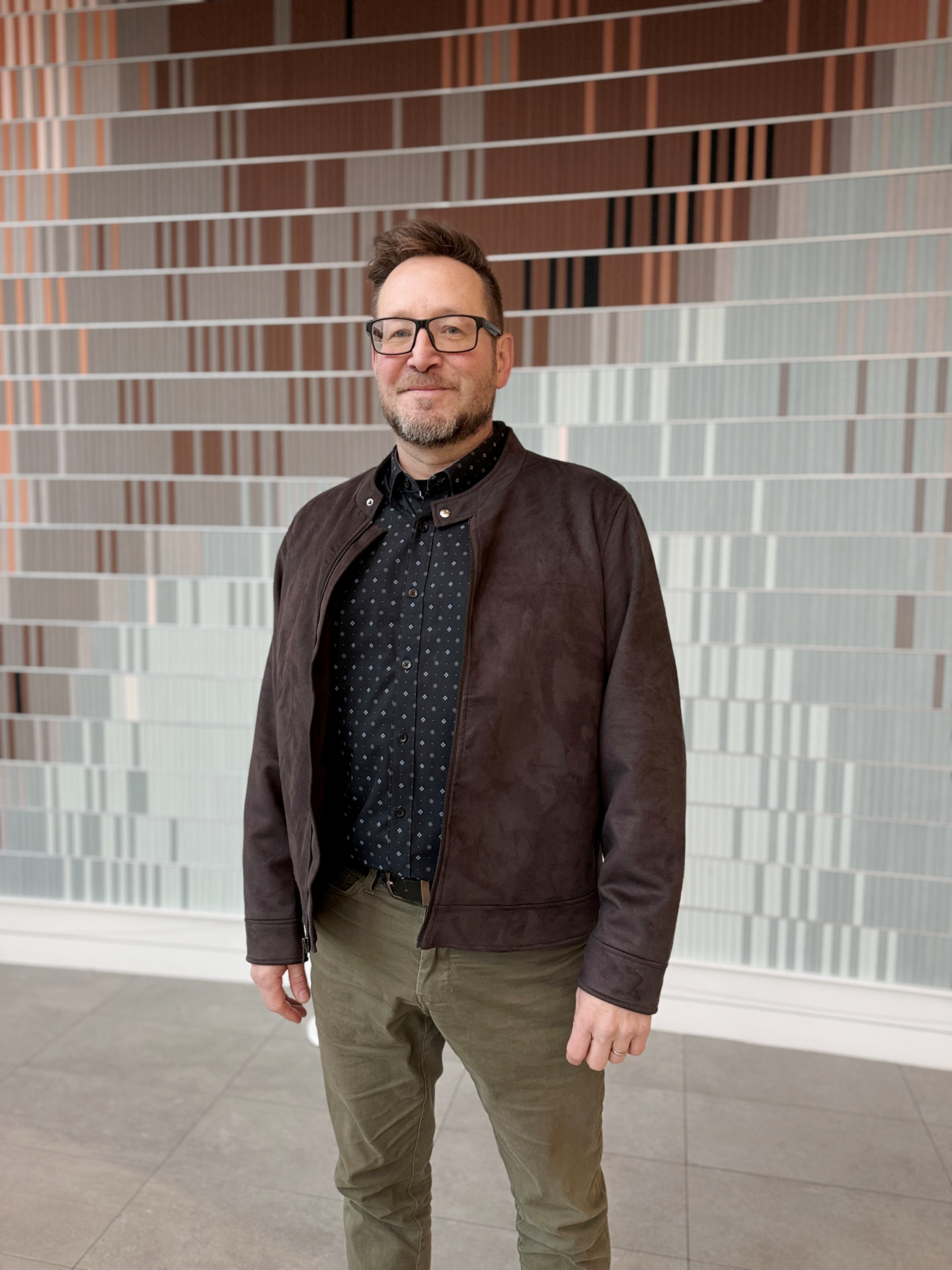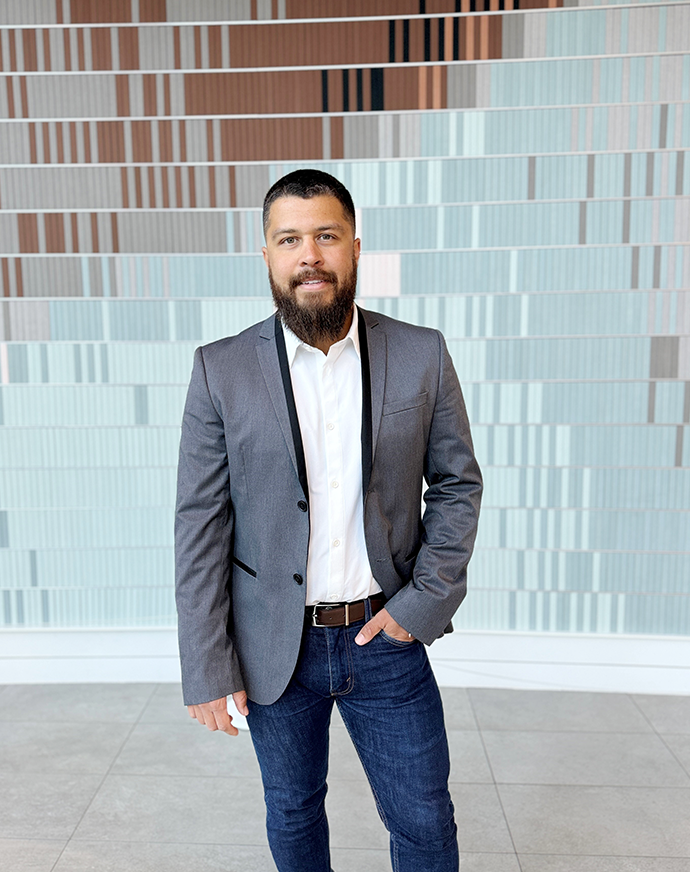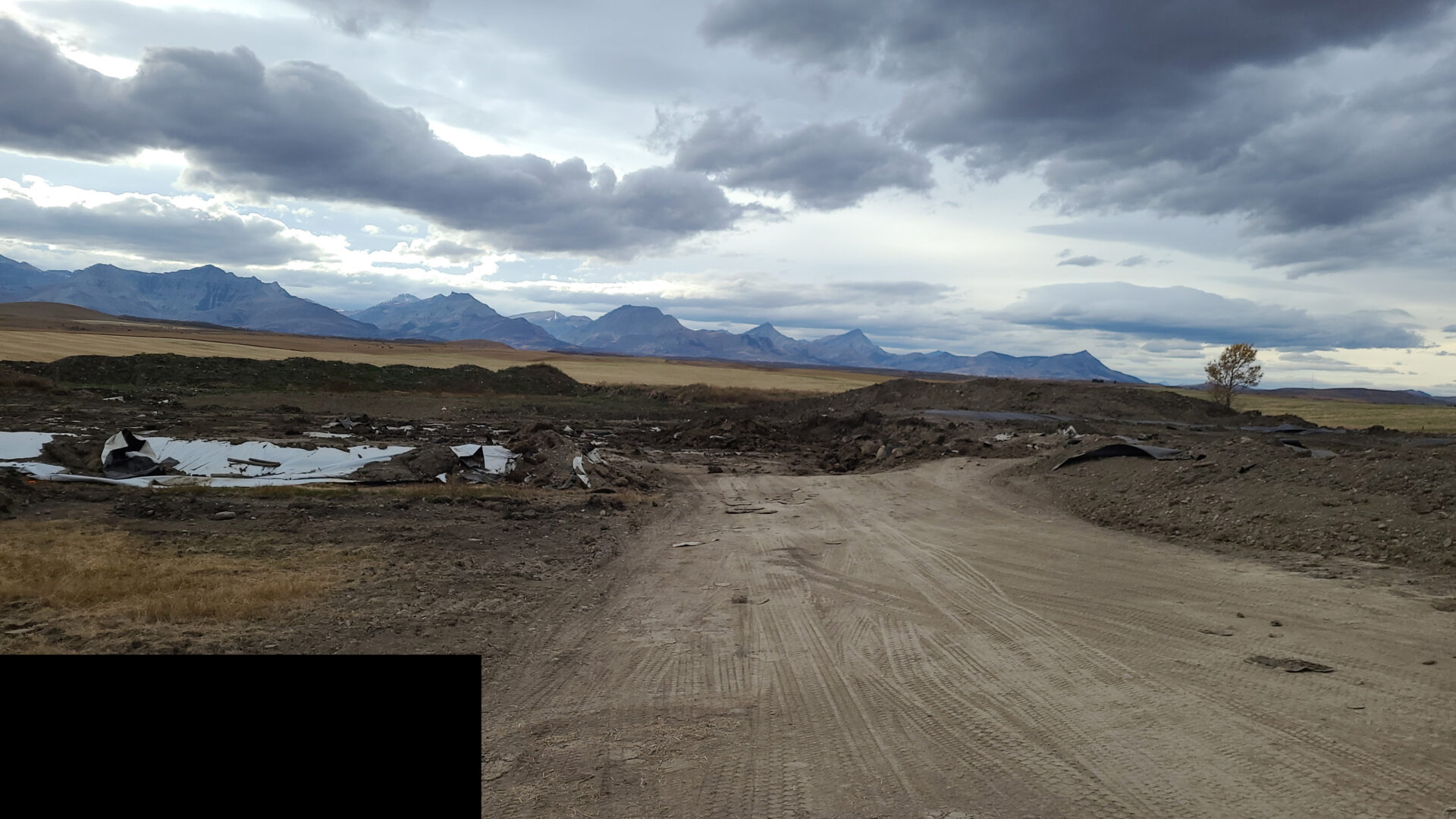In my second post, I’m following a similar theme as my first post (The Dumbest Guys in the Room), and am writing to express one of 360’s core business ideologies. The concept isn’t earth shattering, but we feel is worth sharing and reflects something we also feel has been vital to our success so far. It’s a way of thinking which is simple and effective.
Our team at 360 has a variety of skills, all of which are amazing. One skill I would like to highlight is our ability to make decisions at an accelerated pace. Ready, Fire, Aim is a mindset that we have adopted which allows us to approve business decisions at a rapid pace and avoid getting caught over-analyzing every detail.
Now this doesn’t mean we shoot from the hip or make rash decisions, actually it’s the opposite. In ensuring that we adhere to all 3 steps of that mantra, we feel we have a very complete decision-making process.
In the Ready component of this mindset we complete 70-90% of the work and this is where a project or decision will really get legs. There are typically 3 main components:
· gather as many of the relevant details as we can;
· compare opposing thoughts or ideas and challenge each other with hard questions;
· build a model which we feel is sustainable for the duration of the decision in question
I think it’s good to note that each of these 3 steps requires an open mind from all members of the team and the ability to rationalize and analyze quickly. These skills are somewhat inherent in most of our team and are also extremely important to being able to effectively use this thought process. Also, the importance of this step can’t be overstated as I think this may be what separates the reckless from the calculated.
In taking the Fire step next (our favourite step!), the intent is to capitalize on decisions that have 70-90% of the accuracy dialed in. Whether it’s a budget increase, hiring decision, new venture, etc. all of these choices have some room for improvement and error, so we try to get them moving and then dial them in closer to perfection once they have momentum. Additionally, we have found that the more we can rapidly approve small decisions on day to day items, the more confidence we have moving quickly on larger, more impactful decisions.
Aiming after firing sounds counterintuitive, but if you’ve completed step one, this portion is just dialing in the remaining details to ensure a successful decision can be reinforced and improved. There is little dwelling on negatives for us in this portion, but more of a critical analysis of how things are playing out. It’s important to note that we may end up altering course during this phase, but it’s just that – correcting something that is already moving in the right direction.
There are a number of other interesting topics which rise from the Ready, Fire, Aim thought process (candor, empowering people, sourcing ideas etc.) but I feel that if an organization can use philosophies like this as a foundation, there is already a strong basis for creating a high-powered growth environment. I know for sure that it has helped us along the way.
Lastly, I had the pleasure of seeing Sir Richard Branson speak in Calgary not long ago and one of his favourite lines during the speech was “screw it, just do it”. I mention this because I think that one can draw parallels to the Ready, Fire, Aim thought process because often the Fire piece is the hardest step to take. If you can add a bit of that “screw it” mentality to a calculated decision-making, it’s a lethal business combination.
Fuego,
Ryan
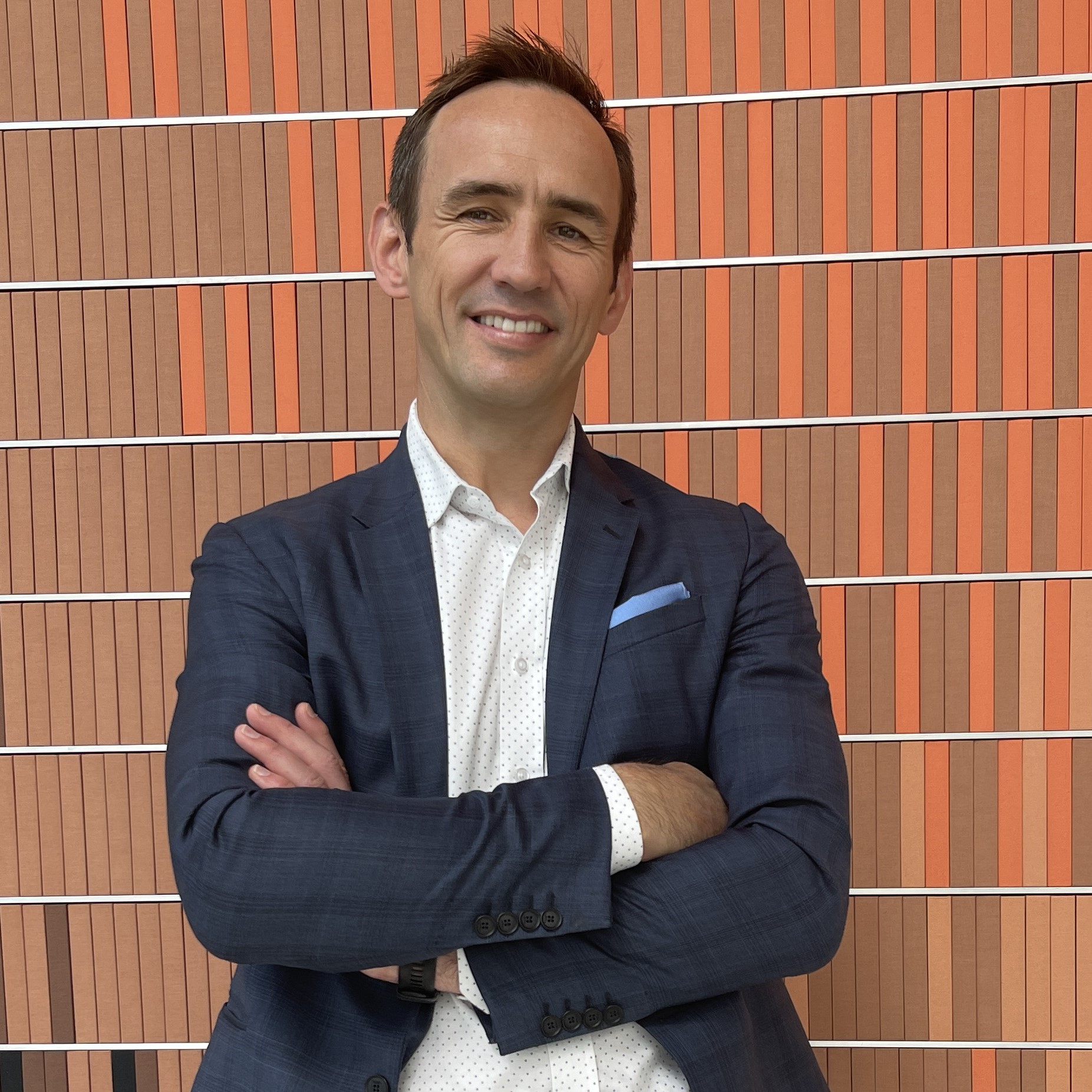
About the Author
Ryan Smith, CEO
Ryan is a graduate of the University of Guelph where he completed a Bachelor of Arts, majoring in Economics. With a diverse service background, he has leveraged this into ownership positions in multiple oilfield service businesses. His vision and energy drives growth for 360 while infusing an entrepreneurial spirit into the corporate culture. Ryan pushes industry engagements and business interactions to propel 360 to the forefront of the liability management sector. The transition to team leader and entrepreneur came easily for Ryan having completed a first career as a professional rugby player. A former captain of the Canadian team, he played 51 games, 3 Rugby World Cups and played professionally in France and New Zealand.

